Graham Reid | | 2 min read
Mamaku: Pharaoh's Milkyway
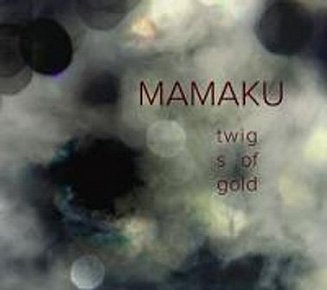
It has been some while since this world music outfit from West Auckland appeared at Elsewhere: back in 2007 and 2008 in fact when they were Mamaku Project and we had good things to say about their two albums which were amalgams of Pacifika, dub, gypsy sounds and so on.
Again they bring together a meltdown of styles -- yes, the Kiwi default position of a crowd-pleasing reggae rhythm is evident throughout -- but there's also something else going on here.
Singer Tui Mamaki -- founding member with the embarrassingly named multi-instrumentalist Monsieur Escargot, here sensibibly reduced simply to "Monsieur S" -- brings poetry to the table.
But that's not necessarily good news.
The opener Berlin -- a tribute to that remarkable city -- gets bogged down in oblique imagery which at times is not just impenetrable but pretentiously overwrought: "Pin your forgetfulness to a streetlamp and breathe. The elliptical recipe of heaven's sugar is made locally, soak in it!"
That's not only hard to sing -- she doesn't really, sort of recites it melodically -- but is bewildering, and made no more clear by what follows: "My hat has fallen to the lap of the gods, the street brought to its knees, and before the yellow moon, my love, the insolence of this tongue seeds like ash to the willow, the deft swoop of centuries".
The song also just stumbles to a halt (with "scathed and plundered by the fearless graces of giant angular swans") which suggests the ideas either ran out of puff or there was some lack of coherent vision in the first place.
Let it be said there is fine stuff elsewhere (there's also more of the archly poetic, notably on Pharaoh's Milkway which is beautifully sung over a lightly Middle Eastern groove and melodic references). But by opening with these four minutes Mamaku haven't made life easy for the discerning listener.
Of the better songs is the electrogroove of Blank Canvas where Mamaki's voice again weaves seductively around the rhythms and snappy instrumentation from squealchy synth, cleverly placed horns and guitars.
Angel in Gumboots is also a quiet winner which pulls that poetic inclination towards cabaret and a slinky groove. And Rain succeeds because lyrically by saying less it conveys more over the emotionally cool tone set by Mamaki's deliberately lazy, almost post-coital, delivery and the quasi-ambient backdrop.
The musicianship through is excellent (players include Kingsley Melhuish and Finn Scholes) and the French-language Mon Ami (slippery from her, taut from the backing music) and Oya! count among the best here.
But every now and again you are tripped by those lyrics: as on the title track, and this on Much Too Much: "present delection, vitamin horizon, discover the diction of haiku on hyphen happening, a harbour, sailing a heart . . .".
The grumpy old jazz writer Philip Larkin once observed how people wrote about Billie Holiday using a cliche: "This was before Lady Day began to 'use her voice like an instrument' – a fatuous notion for any singer relying so obviously on actual lyrics".
While Mamaki does indeed use her voice her like an instrument in places, there are lyrics -- plenty plenty of them -- and so we are obliged to pay attention to them.
There will be times when you perhaps wish you hadn't, and that's a pity because elsewhere there is a lot of considerable interest (musically for the most part, and when Mamaki ventures into those Middle Eastern/North African microtones at which she is enormously accomplished) going on here.
Mamaku are currently touring, see the poster below the clip


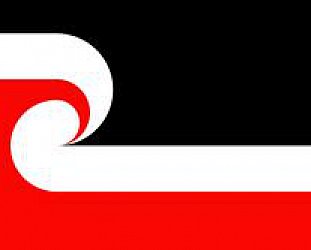
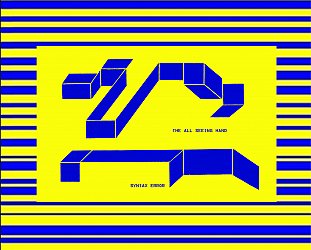
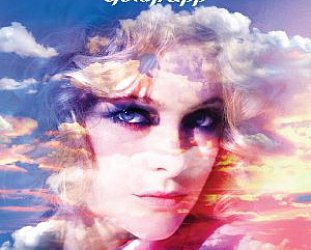

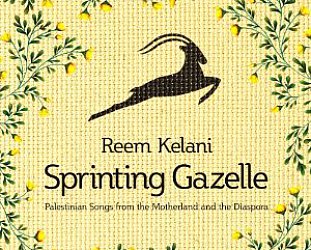

post a comment